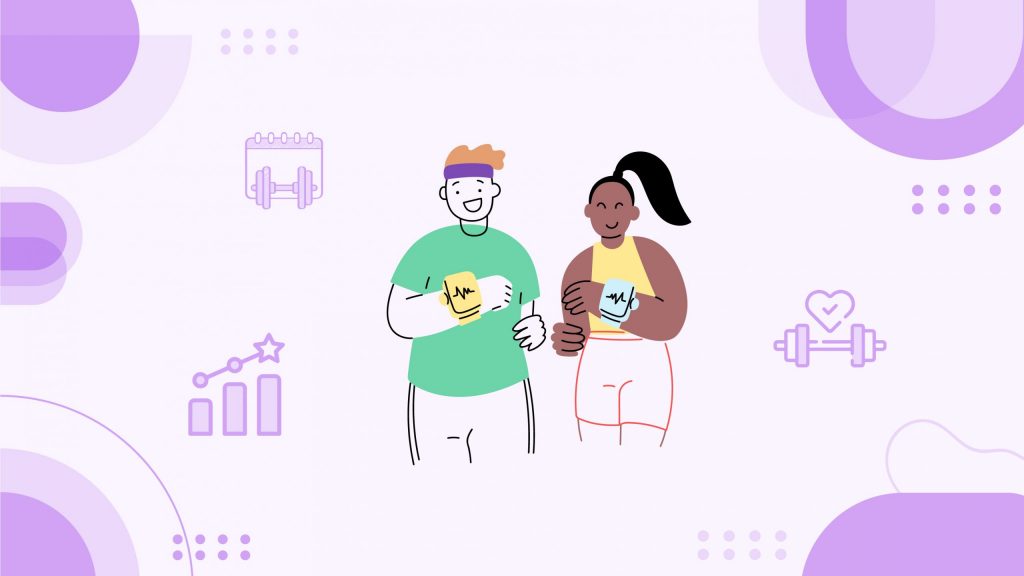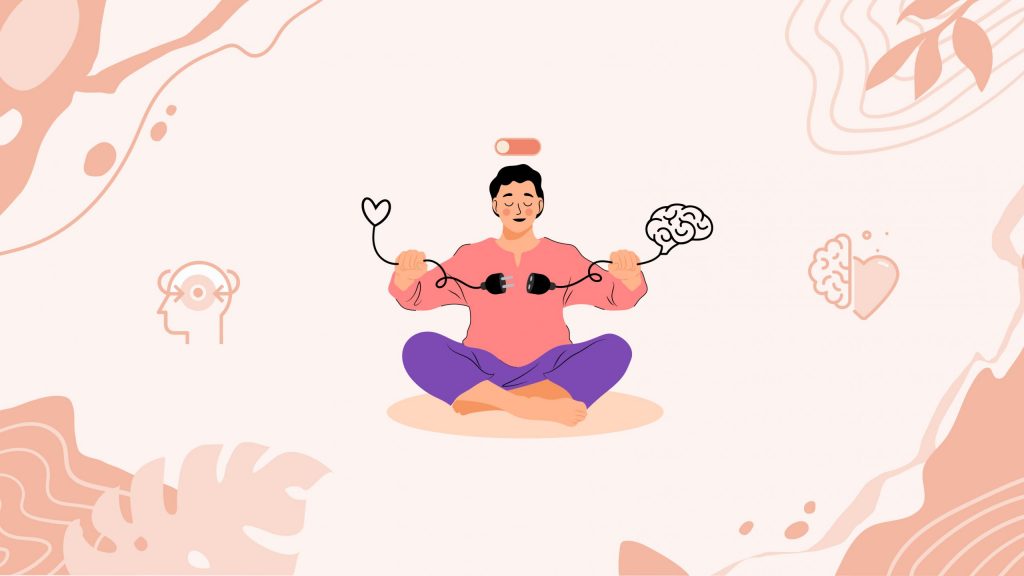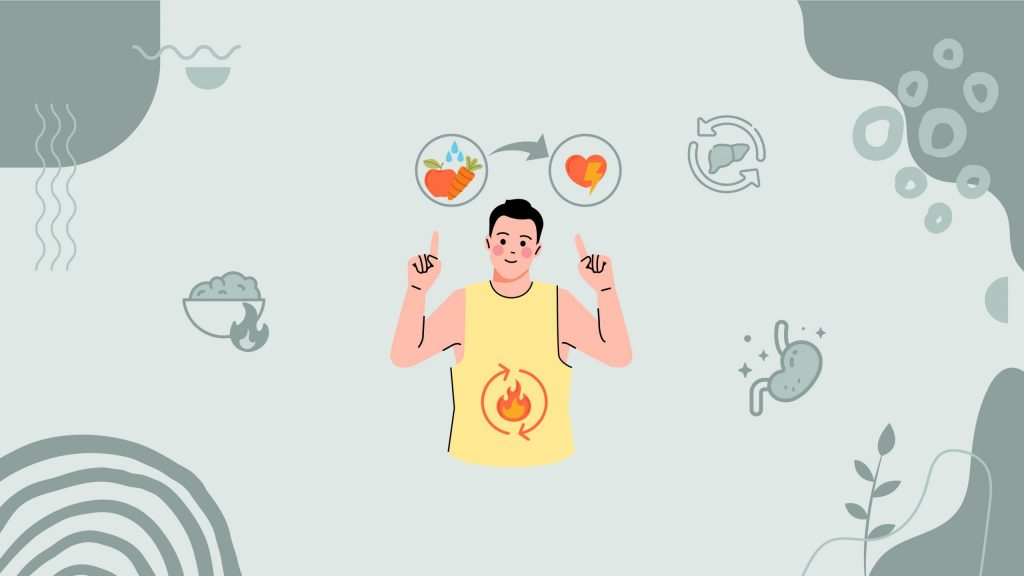Transform Your Routine for a Better You
We’re all too familiar with that tug-of-war between what we want now and what we want most. One moment we’re all about hitting the gym, munching on kale, and getting those solid eight hours of sleep.
But then, along comes the siren call of that comfy couch, a bag of chips, and just one more episode of our favorite show.
It’s like we’re on this seesaw, constantly tipping between those good-for-us, feel-great-later habits and the oh-so-tempting, feel-good-now choices. Even though we’re well aware of the perks of staying on track with our healthy routines, that lure of instant gratification can be a real doozy, pulling us into habits that are more about immediate satisfaction than our long-term health and happiness.
It’s a real-life drama of now versus later, where the now often steals the spotlight, leaving our grand plans for later a bit neglected in the wings.
The Science of Habit
Habits are deeply ingrained behaviors, sculpted by repeated actions that form neural pathways in the brain. Every time a behavior is repeated, it strengthens these pathways, making the action more automatic and less conscious.
Neurologically, the basal ganglia play a significant role in habit formation, processing and storing habitual actions. Neurochemically, the release of dopamine during habit formation reinforces the behavior, tagging it as a rewarding activity to be repeated.
However, this process can work against us when trying to break bad habits or establish new, healthier ones. The immediate dopamine rush from indulging in a bad habit often overshadows the slower, more subtle rewards of positive habit formation, making the latter seem less appealing and harder to stick to.
Strategies for Successful Habits
To build positive habits that last, consider these steps:
- Start Small and Specific: Break your goals into manageable, clearly defined actions. Instead of “exercise more,” plan to walk for 15 minutes after dinner each night.
- Create a Cue-Routine-Reward Cycle: Identify a trigger for your habit, follow it with the routine you want to establish, and end with a reward to reinforce the behavior. For example, lay out your workout clothes (cue), do a 20-minute workout (routine), then enjoy a favorite smoothie (reward).
- Consistency is Key: Perform the new habit at the same time or in the same context daily to strengthen the neural pathways associated with the behavior.
- Be Patient and Persistent: Forming a new habit takes time, often several weeks or months, so be patient with yourself and consistent in your efforts.
- Track Your Progress: Keep a journal or use an app to monitor your progress and stay motivated.
Subscribe to newsletter
Get your Gut Health Starter Guide right now.
Elevate your Tuesdays with practical, science-backed wisdom propelling you forward on your gut health journey.

Transformative Tale of Habit
In the midst of a bustling city life, Jake’s existence had become a mundane routine of office hours melded with sedentary evenings, often capped off with fast food dinners in front of the TV. The realization of needing a change struck him during a routine health check-up, where the numbers on the scale and his lab results were a wake-up call.
Motivated by a colleague who transformed through incremental lifestyle shifts, Jake pondered over his daily choices and their long-term impact on his health and well-being.
Starting with modest, ten-minute strolls around his neighborhood each evening, Jake embarked on his path to a healthier self. These walks, initially a struggle, soon morphed into enjoyable moments of reflection and connection with nature. The tangible feel of progress, as his breath grew less labored and his steps quicker, spurred him to extend these walks, evolving them into jogs that he began to relish.
“Looking back, I see how trapped I was in a cycle of instant gratification that led nowhere but to more lethargy and discontent. The shift began when I decided to make small, sustainable changes rather than drastic overhauls that I couldn’t maintain.
Those initial ten minutes of walking were my stepping stones to a journey I never anticipated. Gradually, I replaced my soda breaks with water, noticing a surprising decline in my cravings for sugary drinks. It wasn’t just the physical weight I was losing; it was the mental baggage of unhealthy habits that I was shedding.
Six months into this journey, the transformation was palpable. Not only did I lose weight, but my energy levels soared, and my outlook on life brightened. It felt as if my brain had been reprogrammed to desire what truly nourished it. This new lifestyle, punctuated by regular jogs, healthy eating, and mindful hydration, became my new norm. The joy of feeling fit, both mentally and physically, was incomparable to any fleeting pleasure I experienced from my old habits.”


















